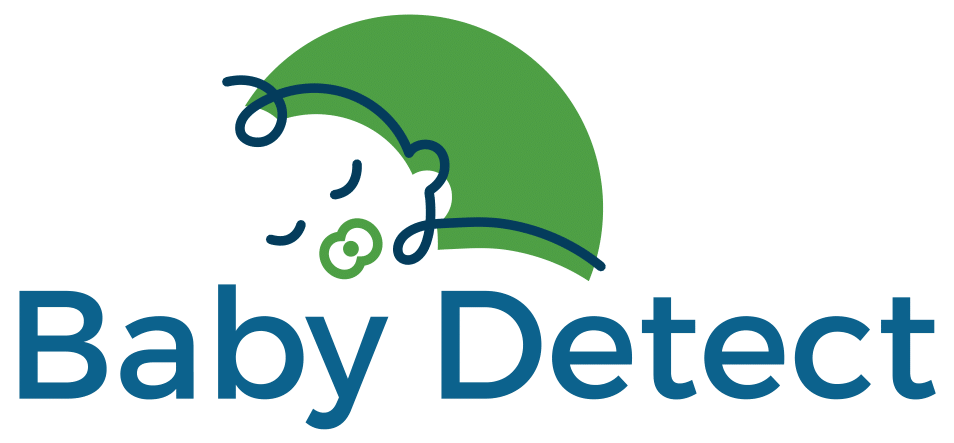ADK gene
Also known: Hypermethioninemia encephalopathy due to adenosine kinase deficiency; ADK Deficiency; Mental Retardation, Recessive 8, formely
OMIM#614300 https://omim.org/entry/614300
1. The Disease
Hypermethioninemia encephalopathy due to adenosine kinase deficiency, or ADK deficiency, is a rare inborn error of metabolism disorder characterized by persistent hypermethioninemia with increased levels of S-adenosylmethionine (AdoMet) and S-adenosylhomocysteine (AdoHcy). This defect disrupts the adenosine/AMP futile cycle and interferes with the upstream methionine cycle, which manifests with encephalopathy, severe global developmental delay, mild to severe liver dysfunction, hypotonia and facial dysmorphism.
2. The Symptoms
Infants can present failure to thrive and liver dysfunction in the neonatal period. Later can show hypotonia, profound psychomotor delay, and liver failure. Lack of early signs or symptoms does not exclude the diagnosis.
- Clinical picture may range from neurological symptoms only to multi-organ involvement.
- Epileptic seizures, hypoglycemia and/or cardiac defects (pulmonary stenosis, atrial and/or ventricular septal defect, coarctation of the aorta) may be associated.
- ADK deficiency is a cause of neonatal cholestasis or early infantile liver disease that may mimic primary mitochondrial disorders. ADK deficiency induced-liver dysfunction is most often transient but could be life-threatening. Transient liver failure, liver fibrosis and bile duct paucity as well as biliary stones have been reported previously. Some cases of fatal liver failure are described.
- Facial appearence shows frontal bossing, macrocephaly, hypertelorism and depressed nasal bridge.
- A hallmark of ADK deficiency, in a cohort of children and showed that methionine level in patients with ADK deficiency was strongly increased compared with patients with other liver diseases.
3. Actions to take in case of early diagnosis
- Babies with a positive genetic test (having 2 mutations or 2 copies of a single mutations in the ADK gene) should continue breastfeeding.
- Biochemical correlation is essential for confirming diagnosis with plasma quantitative amino acids (very high methionine), plasma homocysteine (normal to slightly increased in most cases). Biochemical NBS with tandem mass spectrometry can also help. If available, analysis of plasma AdoMet and AdoHcy can confirm the diagnosis.
- ADK Deficiency is a lifelong disease that requires lifetime compliance to dietary management and regular follow-up with a metabolic disease specialist and a multidisciplinary approach to care.
- Early treatment with a low methionine diet is indicated, although the benefit of it in the management of children with ADK deficiency is therefore still a matter of debate. Fast identification of ADK deficiency is crucial, since the severe neurological prognosis may be considered as a contraindication to liver transplantation.
- Genetic counseling is highly recommended for family planning and evaluation of at-risk family members such as siblings.
4. For more information
Biblio: Becker PH, Demir Z, Mozer Glassberg Y, et al. Adenosine kinase deficiency: Three new cases and diagnostic value of hypermethioninemia. Mol Genet Metab. 2021;132(1):38-43. PMID: 33309011.
